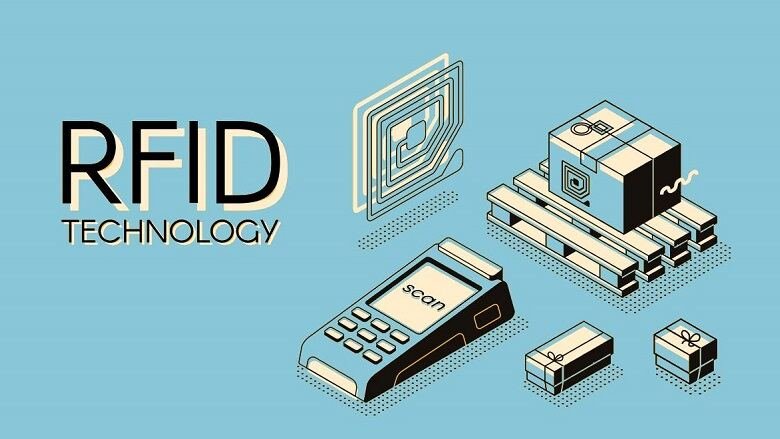
The Ultimate Guide to RFID Technology: Benefits and Applications
The Ultimate Guide to RFID Technology: Benefits and Applications
Radio Frequency Identification (RFID) technology has become a game-changer in various industries, offering innovative solutions for tracking, managing, and securing assets. As a leading provider of RFID solutions, Tech Curiosity Technology is at the forefront of this transformation. In this ultimate guide, we’ll delve into the benefits of RFID technology and its diverse applications.
What is RFID Technology?
RFID technology uses electromagnetic fields to automatically identify and track tags attached to objects. These tags contain electronically stored information, which is read by RFID readers without needing direct contact. RFID systems consist of three main components: RFID tags, RFID readers, and a backend database.
Key Benefits of RFID Technology
-
Enhanced Efficiency: RFID technology speeds up the process of tracking and managing inventory. Unlike barcodes, RFID tags can be read from a distance and do not require line-of-sight, improving operational efficiency and reducing time spent on manual checks.
-
Improved Accuracy: The use of RFID reduces human error associated with manual data entry. The real-time data provided by RFID systems ensures accurate tracking and reporting, leading to better decision-making.
-
Increased Security: RFID technology enhances security by providing detailed tracking of assets and personnel. This helps in preventing theft, loss, and unauthorized access, making it a crucial component in security systems.
-
Cost Savings: Over time, RFID technology can lead to significant cost savings by optimizing inventory management, reducing labor costs, and minimizing losses due to errors or theft.
Applications of RFID Technology
-
Inventory Management: Retailers and warehouses use RFID to track inventory levels in real-time, ensuring accurate stock counts and efficient restocking processes.
-
Supply Chain Management: RFID enables end-to-end visibility of goods as they move through the supply chain, improving logistics and reducing delays.
-
Access Control: RFID-based access control systems offer secure and convenient entry solutions for buildings and restricted areas, replacing traditional keys and badges.
-
Asset Tracking: Businesses use RFID to track high-value assets and equipment, ensuring they are accounted for and maintained properly.
-
Healthcare: RFID technology helps in tracking medical equipment, managing pharmaceuticals, and improving patient safety by ensuring the right medication is administered.
Future Trends in RFID Technology
RFID technology continues to evolve with advancements in smart tags, increased data capacity, and integration with other technologies such as IoT and AI. These innovations promise to further enhance the capabilities of RFID systems and expand their applications across various sectors.
